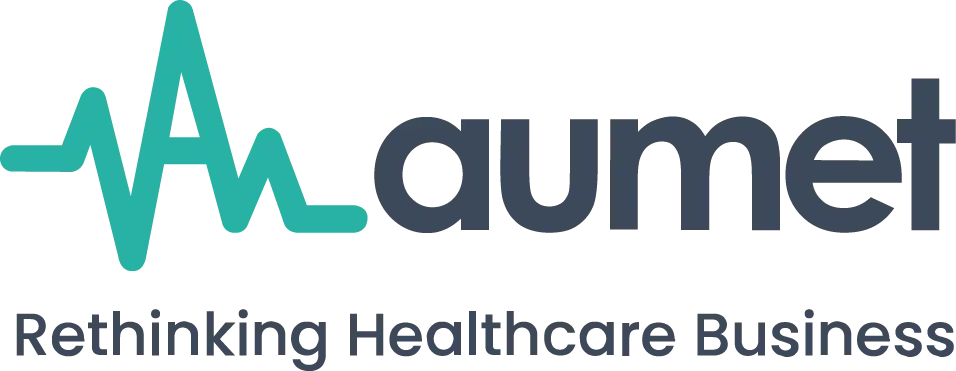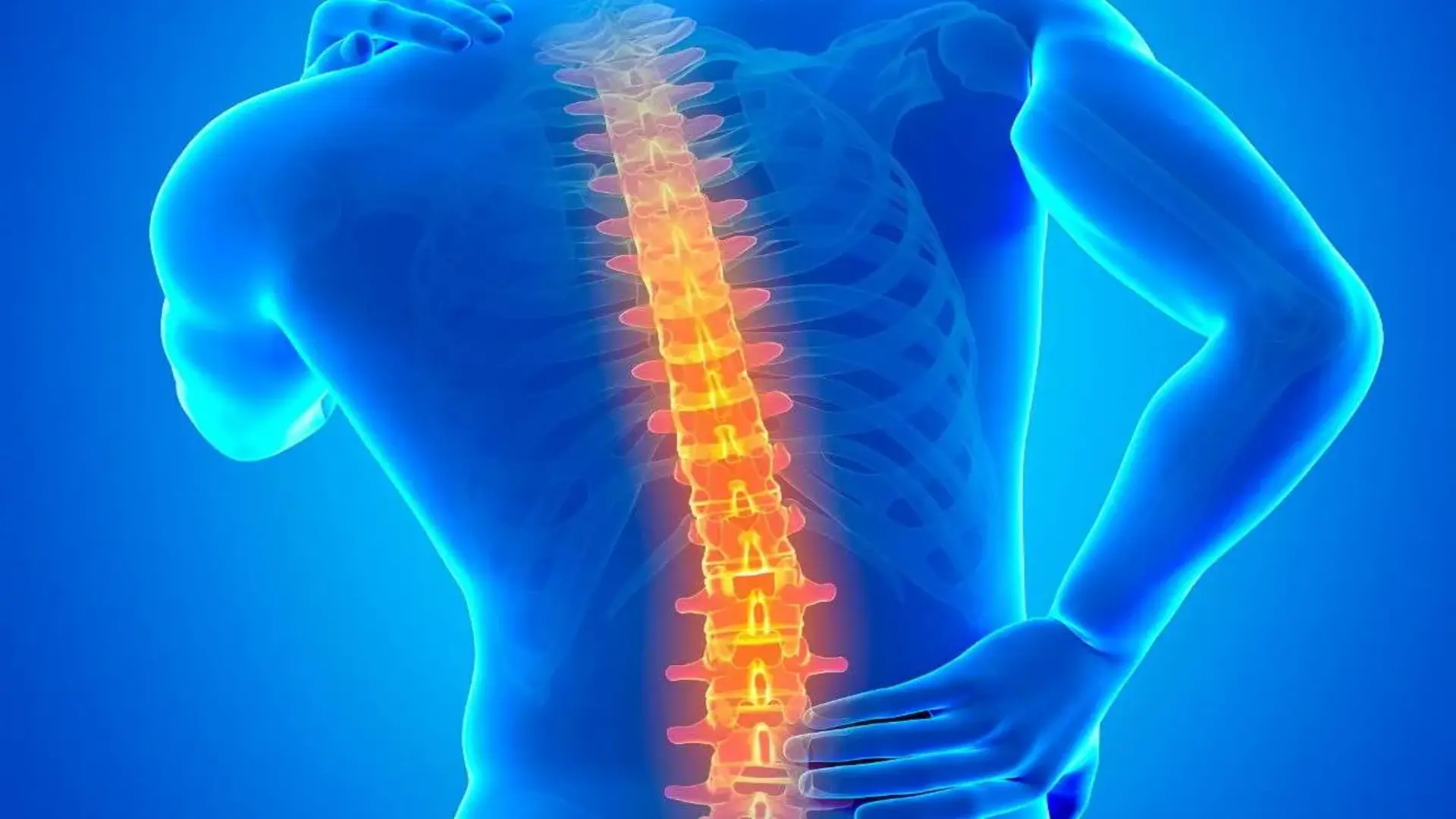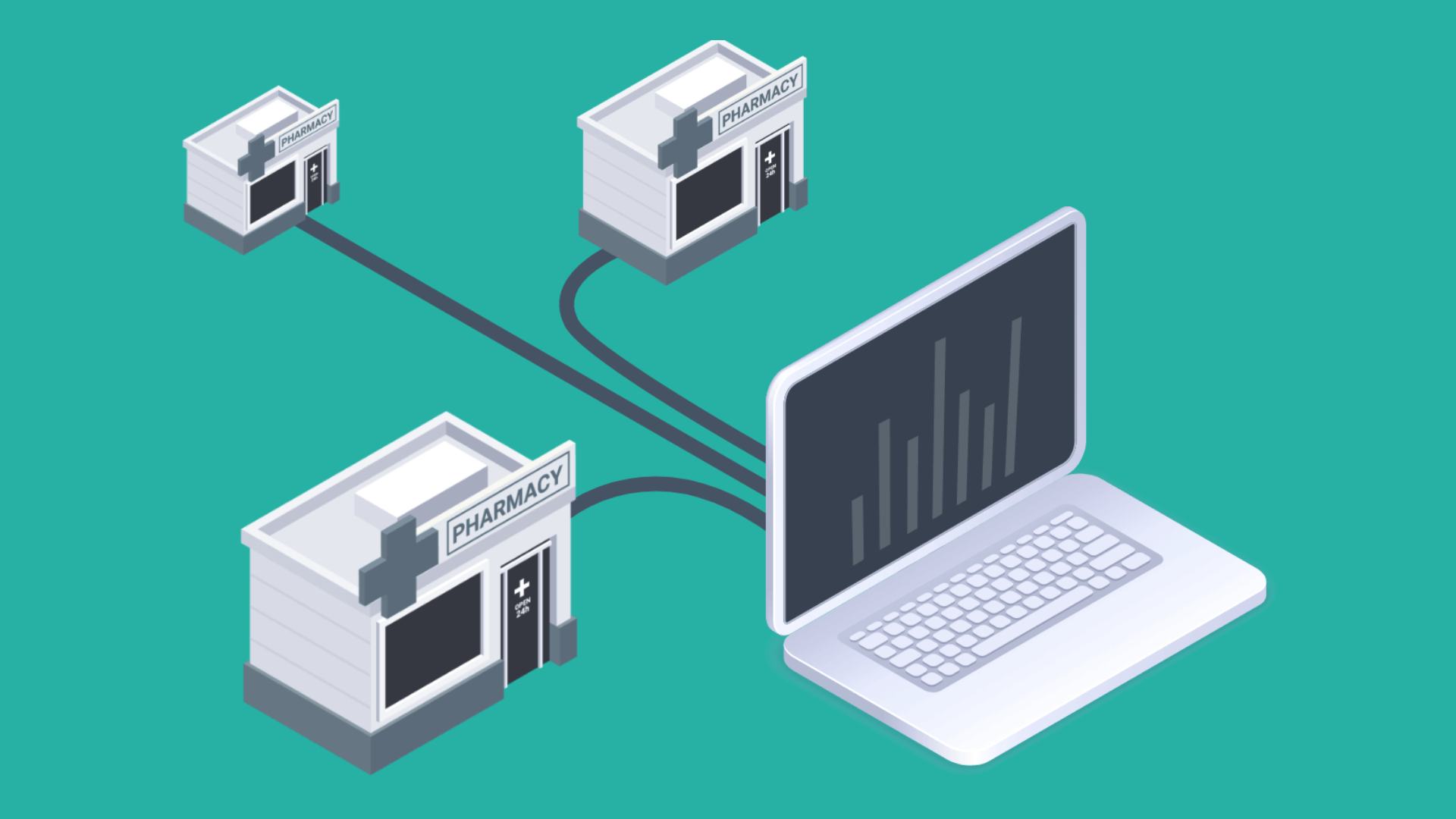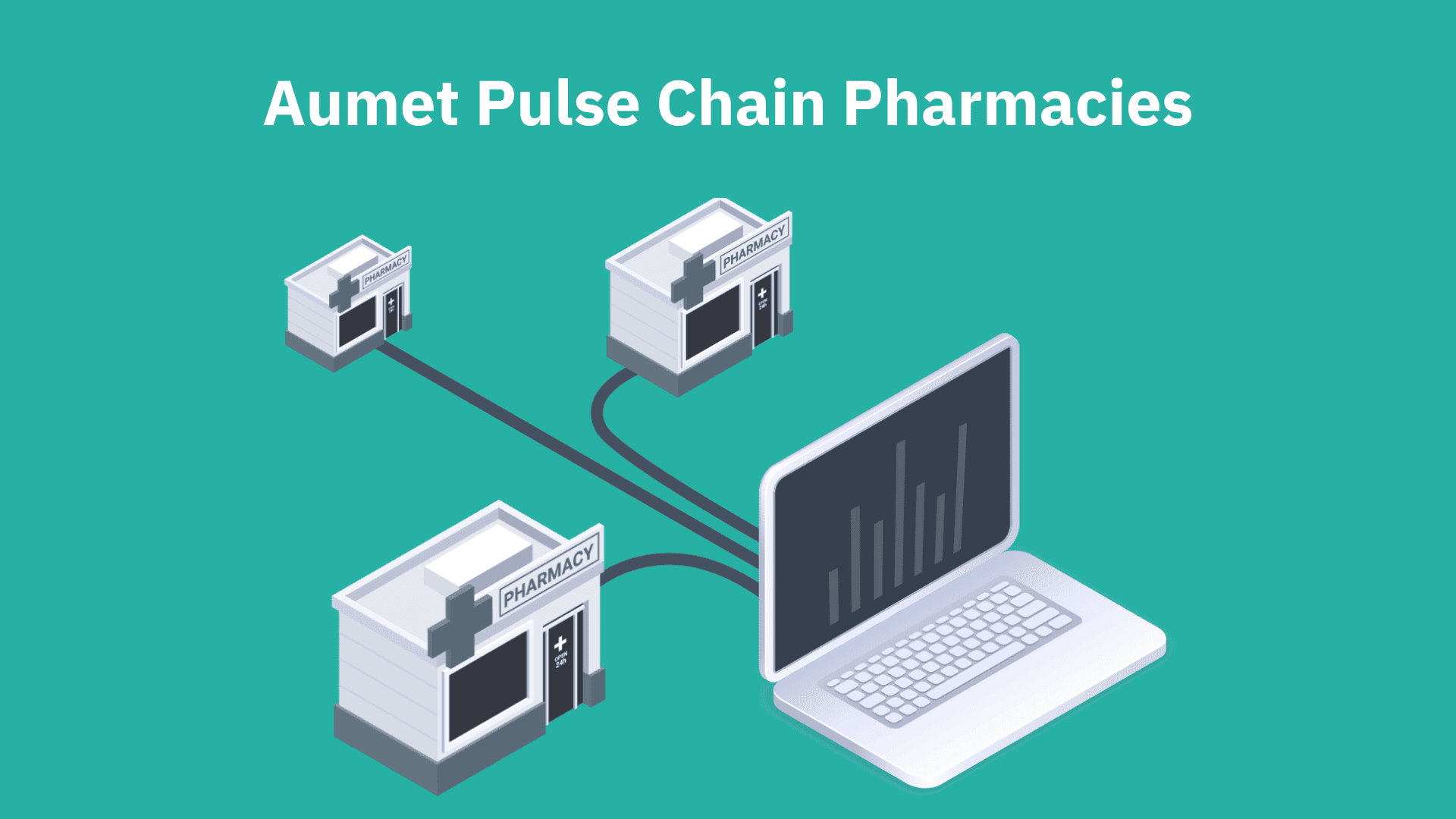1,743 Views
Potassium iodide (KI) is a salt of stable iodine. It is widely used in medicine and public health for specific purposes, primarily related to the thyroid gland.
Mechanism of Action:
- Expectorant: Iodine helps to increase respiratory secretions and decrease viscosity.
- Hyperthyroidism: Suppresses thyroid hormone synthesis.
- Thyroid protective: Systemically circulating potassium iodide is readily taken up by thyroid gland by sodium/iodide transporter in basal membrane; concentration gradient of thyroid gland to plasma is 20-50:1. Medical Uses:
- Radiation Emergencies:
Indicted during environmental radiation emergency to block uptake of radioactive iodine isotopes in thyroid and reduce risk of thyroid cancer.
- Thyroid Conditions
- Hyperthyroidism: KI may be used to temporarily suppress thyroid hormone production.
- Preoperative preparation for thyroid surgery: It can reduce the size and vascularity of the thyroid gland.
- Expectorant:
In some cases, KI is used as a mucolytic agent to help loosen and thin mucus in the airways, improving breathing in conditions like chronic bronchitis. Dosage Guidelines (in radiation emergencies): - 130 mg PO qDay; not to exceed 1 dose/24 hr .
-Ideally initiate 1-48 hr prior to exposure.
-Continue daily dose until exposure risk has passed and/or until other measures (eg, evacuation, sheltering, control of the food and milk supply) have been successfully implemented. Side Effects: - Common: Upset stomach,diaarhea metallic taste, rash.
- Rare but serious: Allergic reactions(fever or rash) , iodine-induced hyperthyroidism or hypothyroidism, and salivary gland swelling or tenderness. Contraindications:
- Hypersensitivity; iodine sensitivity (although allergy to radiocontrast media, contact dermatitis from iodine-containing antibacterials, allergy to seafood should NOT be considered evidence of potassium iodide allergy)
- Certain skin conditions (e.g., dermatitis herpetiformis)
- Some thyroid disorders, unless under medical supervision Precautions:
- Avoid repeat dosing in neonates or women who are pregnant or breastfeeding if possible; in acute radiation exposure, prioritize these individuals for evacuation; although these precautions should be taken, the benefits of short term use of KI to block uptake of radioactive iodine by the thyroid gland far exceed its chances of side effects. Conclusion :
Potassium iodide is a critical medical intervention for protecting the thyroid gland during specific health emergencies involving radioactive iodine. When used appropriately, it can significantly reduce the risk of thyroid-related complications.









